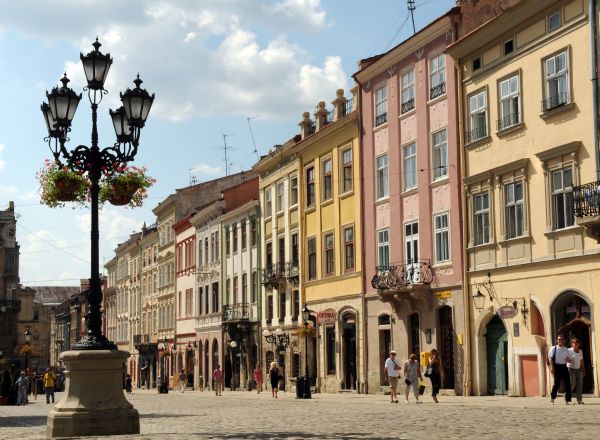Quote of the week
When a foreigner resides among you in your land, do not mistreat them. The foreigner residing among you must be treated as your native-born. Love them as yourself, for you were foreigners in Egypt. I am your God – Leviticus 19:33-34.
Consequently, you are no longer foreigners and strangers, but fellow citizens with God’s people and also members of his household, built on the foundation of the apostles and prophets, with Christ Jesus himself as the chief cornerstone. In him the whole building is joined together and rises to become a holy temple in the Lord. And in him you too are being built together to become a dwelling in which God lives by his Spirit – Ephesians 2:19-22.
Christian Bible
Some platitudes on returning to South Africa
I arrived back yesterday after almost three weeks in Eastern Europe, where I remained blissfully unaware of the media-reported (and sometimes generated) ups and downs of South African politics. I am trying to get back in to my habit of obsessively following the (often parochial) South African media and twitter conversations, but somehow it all still feels rather unreal and irrelevant.
The most interesting place we visited in Eastern Europe was Lviv (spelt Львів in the Cyrillic script) in Ukraine, a beautiful city in a country that is clearly still struggling with its demons from the twentieth century: anti-Semitism and the extermination of a third of the population of the city in the Holocaust; Soviet and Nazi occupation and it becoming part of the Soviet Union (former USSR leader Leonid Brezhnev was born in Ukraine) and its relatively late and stunted attempt at gaining its freedom in 2004.
 As we wandered through the streets admiring the many beautiful buildings in renaissance, baroque and the classic styles as well as the many Art Nouveau and Art Deco masterpieces, the reality kept on impinging on the fairy-tale, with many skin-heads and young men in camouflage outfits skulking around and old woman desperately flogging home-made cookies or ugly trinkets. Being aware that homophobia and racism is rife in the Ukraine also left an uneasy feeling.
As we wandered through the streets admiring the many beautiful buildings in renaissance, baroque and the classic styles as well as the many Art Nouveau and Art Deco masterpieces, the reality kept on impinging on the fairy-tale, with many skin-heads and young men in camouflage outfits skulking around and old woman desperately flogging home-made cookies or ugly trinkets. Being aware that homophobia and racism is rife in the Ukraine also left an uneasy feeling.
As often happens when one travels, one is reminded of the fact that South Africa is not as unique as we are often told. Our citizens does not appear to be more wicked or more virtuous than those who live in Ukraine or Hungary; our politicians do not appear more (but also not less) competent or venal than their counterparts in Poland or Hungary (both countries currently being governed by right wing political parties); and although our economic problems may seem intractable and our government incapable or unwilling to deal with them, the same anxiety about the future and sense of impending doom stalks much of Europe at present.
Until tomorrow when I would have gotten back on the hamster wheel of South African politics, these are the only platitudes I have to offer.
Lastly, I would like to thank Jaco Barnard-Naude for writing this Blog in my absence. Judging from all the comments section, readers found his particular inputs interesting and stimulating – as did I.
BACK TO TOP

